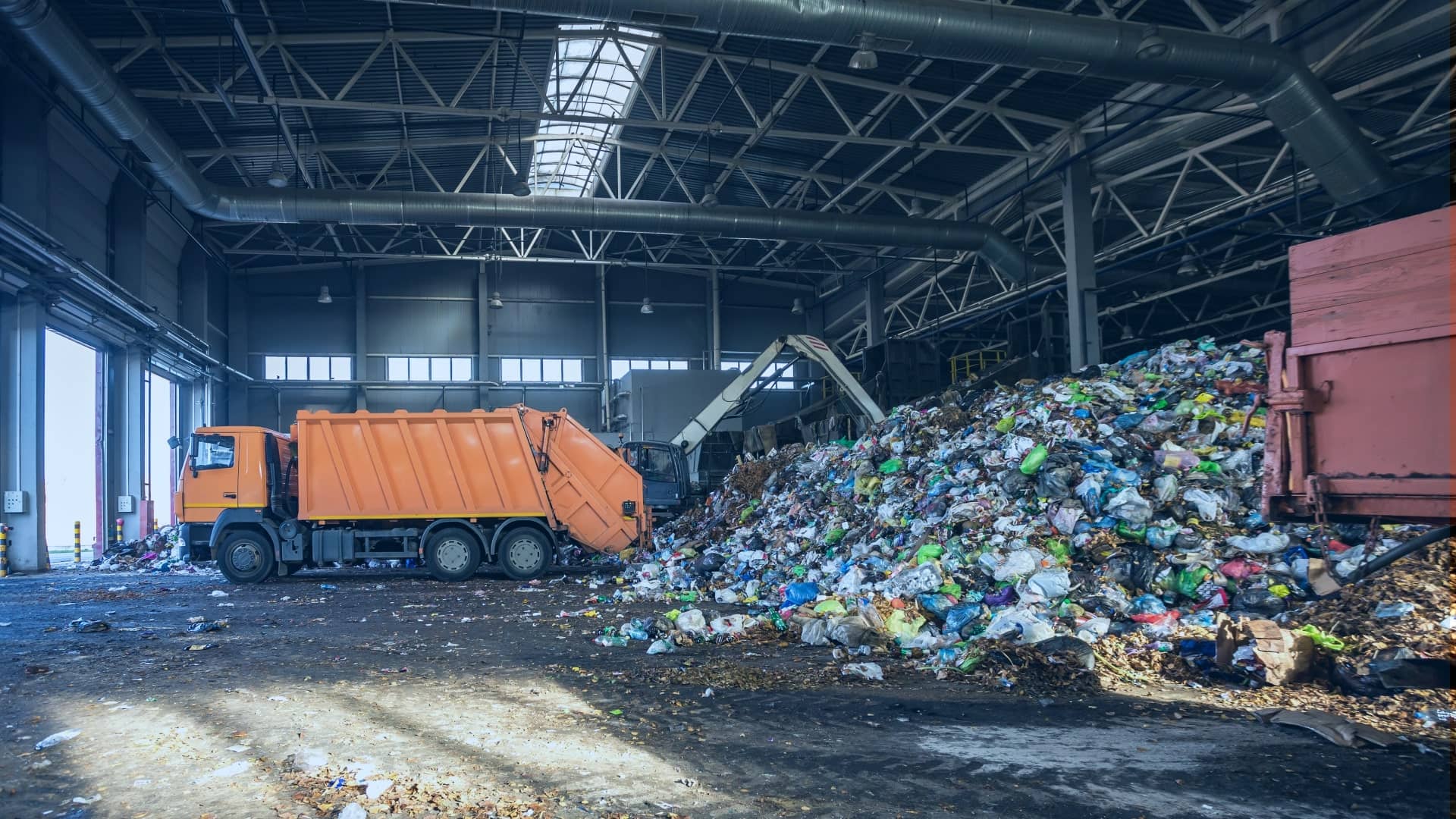The smart Trick of Reclaim Waste That Nobody is Talking About
The smart Trick of Reclaim Waste That Nobody is Talking About
Blog Article
More About Reclaim Waste
Table of ContentsThe Buzz on Reclaim WasteExcitement About Reclaim WasteFacts About Reclaim Waste UncoveredReclaim Waste Things To Know Before You BuyThe Only Guide for Reclaim Waste
Domestic sewer waste refers to the waste and items from a household septic storage tank. The proper monitoring and disposal of domestic sewer waste need fluid waste to be moved to a sewer therapy plant where the correct methods and tools are applied to cleanse and dispose of waste.
Commercial waste frequently consists of potential risks, such as flammable materials or a combination of fluid and strong waste items, and calls for a more sophisticated and comprehensive disposal procedure. The disposal of industrial waste normally includes the filtering of waste before transport to make sure safe and proper disposal. Industrial waste is produced from byproducts and runoff of industrial procedures and manufacturing.
This kind of waste can not use the exact same sewer administration transportation or processes as septic or commercial fluids. The hazardous waste administration process requires the evaluation and testing of fluid waste prior to it goes through the disposal process (liquid waste removal melbourne). Overflow waste is the liquid waste that originates from runoff and excess stormwater in extremely booming areas or cities
Overflow waste can trigger contamination and flooding if not taken care of properly. Guaranteeing appropriate waste administration can prevent disasters and lower ecological damage.
Some Known Questions About Reclaim Waste.
Get in touch with PROS Providers today to find out concerning our waste management and disposal solutions and the appropriate means to look after the fluid waste you generate.
(https://trello.com/w/reclaimwaste1/)Do you recognize what occurs to your water when you end, purge the bathroom or drain the washing equipment? No? Well, it deserves understanding. This supposed 'wastewater' is not just an essential resource yet, after treatment, will certainly be launched to our land, waterways or the ocean. Made use of water from bathrooms, showers, bathrooms, cooking area sinks, laundries and commercial processes is referred to as wastewater.

water used to cool equipment or clean plant and tools). Stormwater, a form of wastewater, is overflow that moves from farming and city locations such as roof coverings, parks, gardens, roadways, paths and gutters into stormwater drains, after rain. Stormwater moves unattended directly to neighborhood creeks or rivers, at some point getting to the ocean.
The 3-Minute Rule for Reclaim Waste
In Queensland, many wastewater is dealt with at sewer therapy plants. Wastewater is carried from residential or commercial websites with a system of drains and pump stations, called sewage reticulation, to a sewer therapy plant. Neighborhood governments develop, keep and run most sewage therapy plants. Operators are licensed under the Environmental Management Act 1994 to release treated wastewater at an acceptable environmental standard into rivers.
The Division of Natural Resources advises local governments about managing, operating and preserving sewage systems and therapy plants. In unsewered areas, city governments might require householders to install private or family sewage therapy systems to deal with domestic wastewater from commodes, kitchens, washrooms and washings. The Division of Natural Resources authorizes the usage of family systems when they are proven to be reliable.
In some brand-new class, treatment of some stormwater to get rid of trash, sand and crushed rock has actually begun making use of gross contaminant traps. Wastewater therapy occurs in 4 phases: Gets rid of solid issue.
Wastewater after that flows right into big tanks where solids resolve and are eliminated as sludge. Grease and residue are skimmed from the surface. Utilizes little living organisms referred to as micro-organisms to damage down and remove staying liquified wastes and fine bits. Micro-organisms and wastes are incorporated in the sludge. Gets rid of nitrogen and phosphorus nutrients that might cause algal blossoms in our waterways and endanger aquatic life.
Reclaim Waste Things To Know Before You Get This
Nutrient elimination is not offered at all sewer treatment plants due to the fact that it requires expensive specialised devices. Clear liquid effluent generated after therapy might still contain disease-causing micro-organisms - liquid waste disposal melbourne.

This usually means wastewater has to be treated or impurities removed prior to it can be released to waterways. A lot of wastewater moves into the sewerage system. Under the Act, city governments provide approvals and permits for eco pertinent tasks (Ages) involving wastewater releases that may have a regional impact. The division provides approvals and permits to Ages including wastewater releases that may have a local or statewide influence.
Reclaim Waste Things To Know Before You Buy
Otherwise, examples are taken for research laboratory evaluation. Often many tests are needed to develop the degrees of each of the various pollutants such as oils, heavy steels and chemicals in water. Monitoring supplies factual info concerning water quality and can validate that licence problems are being satisfied. The info gotten with tracking offers the basis for making water top quality choices.
Report this page